I am not a child psychologist, so my approach is purely religious and based on my studies as an educator and a father.
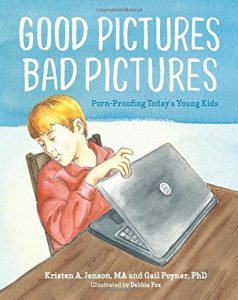
No matter how much we bubble up our children, and put proxies or parental control software programs, we will still have big issues on our hand once our child is away from our supervision and monitoring.
We live in an era where computer and internet have become a primary tool in our children’s lives, and from young ages. This is the sad reality.
It’s not going away, so we have to educate ourselves and our children about it.
I think the biggest problem is that porn has become a part of “mainstream society”.
Porn is a global, estimated $97 billion industry, with about $12 billion of that coming from the U.S.[1]
With this much money involved, clearly many are benefitting. But just imagine, if only us Muslims were to avoid it, what would happen? Especially when you have a look at porn usage statistics, and a lot of Muslim countries are all the way up there.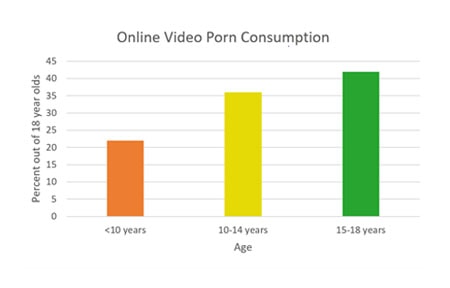
When a young child does a simple and innocent internet search, like the word “Cinderella,” the results they receive will be a mixture, the least will be on Cinderella, and most will be explicit graphic pornography.
Our children are growing too fast. We live in an over-sexualised society, with an even earlier exposure to sex.
Statistics say that the average age of a child exposed to pornography is 11 years old. This accidental exposure is not that accidental, because children are being targeted. The earlier they are recruited the more addicted they will become, with more site visits and downloads, which means more revenue.
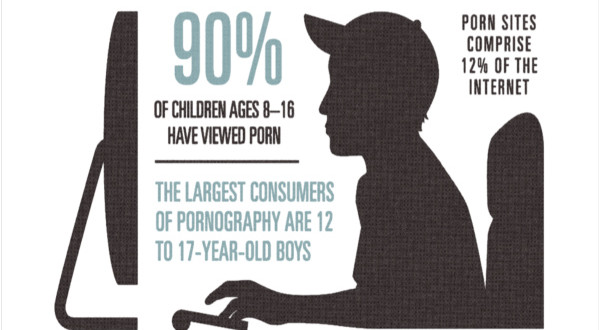
A study reports that in a survey of more than 1000 children aged 11-16, half were exposed to pornography, and 94% have seen porn by age 14.[2]
We then have the effects of pornography. If all scholars and scientists say pornography is destructive, even ruining our brain cells, then what would it be doing to children? Another study finds that children 11 to 14 wat to mimic sex acts shown in porn.[3]
The problem gets even deeper when children and teenagers have hand-held smart devices in their personal possession, and no type of monitoring to what they are downloading or watching.[4]
That’s why it’s called the new drug.[5] It’s as big as an epidemic as we can imagine.
How can a child deal with all these overwhelming issues, of sexuality, puberty, education, future, testosterone levels, natural urges and morality? It is indeed very difficult.
We can even see a rise in child aggression against other children, or worst cases, like incest, rape and so on. In one of these many cases, a Judge said: “In the extreme [images], the sexualization of youth is manifesting itself in younger conviction ages for rape.”

We all do have a responsibility to protect our minors. Porn affects the behaviour of children. A young boy who grows up exposed with this kind of culture will not only struggle with Taqwa, he will have no understanding of what family and values mean.
Unfortunately, you would be shocked as to how it is affecting our Muslim families, especially when it gets to the level of “porn addiction”.[6]
Just reading about what porn does is enough of an incentive to keep us away from it. You start degrading women, your attraction starts to diminish, you become desensitised to graphic and hardcore imagery, and when it comes to spousal relations, you see your own sex life to be ‘boring’, because you are so used to these fictional images and characters.
So, how can a child find his/her way around all of this? Do we scare them, and talk to them about sin and Jahannam, and leave it with that? Or should we educate them about Islamic sex education, and give them the culture of internet usage.

If we do the latter, no matter where they are, in front of us or behind us, and even when they become adults, they will stay away from such filth.
Why do you, as a parent, a guardian, or an elder sibling, have to wait for an incident to happen to a child close to you before you talk about the consequences of pornography?
Does your child know that once he/she sends an image, they will have no control of it, and it can’t ever be retrieved?
We have to be prepared before it even gets to less than that stage, and we need to know the warning signs as well.[7]
Alhamdullilah, there are some really good resources on the internet that we can use for information on these topics. We just need to add some of our own Islamic values into it as well. Here are some:
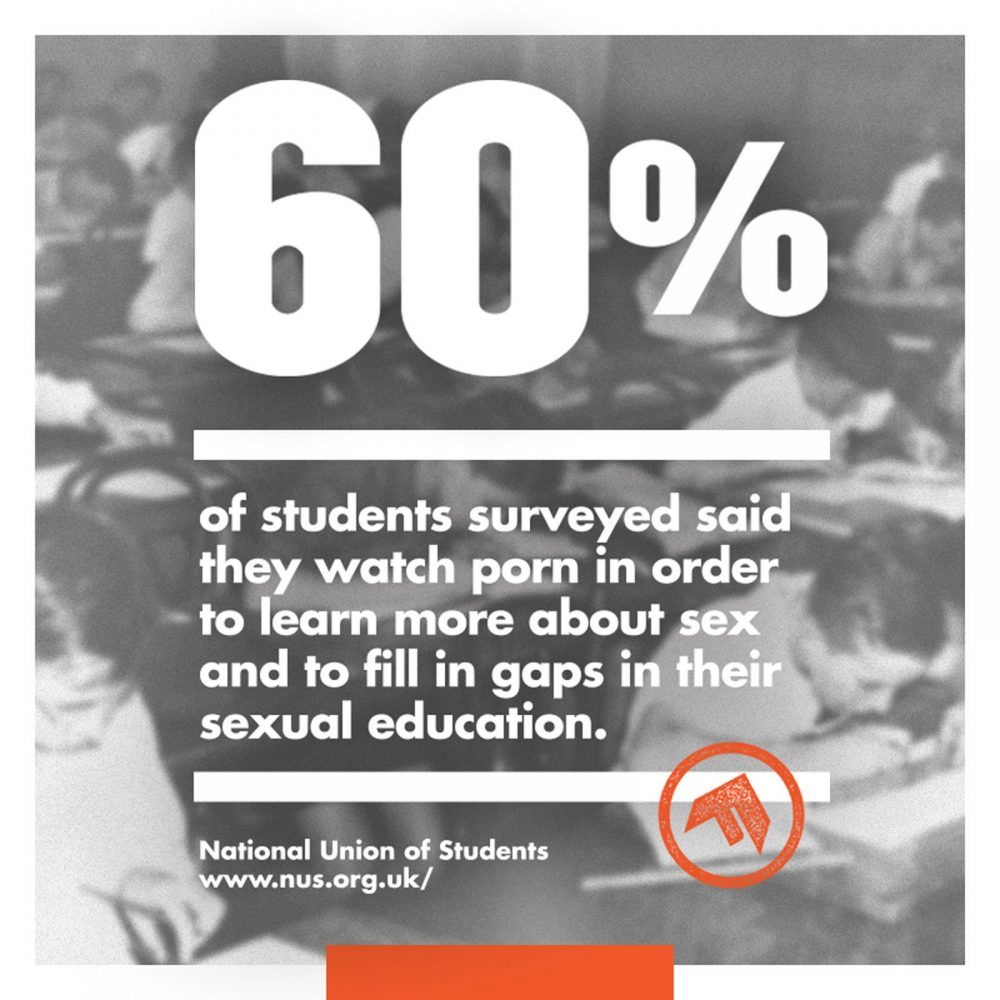
You also have various alternatives for searching engines and programs. For example, instead of youtube, use youtube kids, etc.
A few years ago, I also recorded a short tutorial for children on the topic of pornography. Please show it to your children:
https://www.youtube.com/watch?v=rQqr3MqXjKI
Here are some pointers on what we should do to educate our children about pornography.
- Have a consistent television usage policy
It makes no sense that you watch or have on your TV playlist of movies or series inappropriate programs, and your child knows about them. Although you are an adult, it doesn’t make watching them halal. Yes, if you are watching something like GOT, it doesn’t mean your child needs to know. You are wise enough to make the halal decision of when to skip or fast forward, but your child isn’t aware of that.
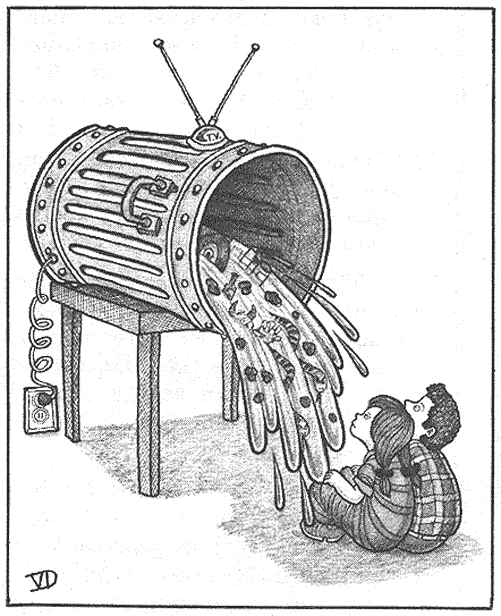
When your son/daughter knows you are following a certain program that is against your family values, then what kind of precedent are you presenting for them.
I think the most damaging of these programs are the reality TV shows that unfortunately many of our brothers and sisters don’t see any harm in watching. It is not only consciously affecting them, it is also affecting all members in the family.
With so-called children programs, there are also many dangers creeping up. They watch a supposed innocent G-rated program that is against our Akhlaqi values, and their curiosity drags them to further search into it, taking them to places and ideas we don’t want. [8]
So, as a family policy, be consistent. On the family television, make sure it’s as pure and as clean as possible. For yourself and for your children.
- Teach your children that intimacy is not bad, but private
When you are watching something with your children, and a girlfriend/boyfriend scenario pops up, show your discontent and say something. It would even be better if you skip that scene, and carry on with the program if the rest of the content is OK. If there is a kissing scene, show how disgusted you are and how they need to turn their faces away. Not because kissing is bad, or because intimacy is inappropriate, but because, as Muslims, we believe it’s something private.
For us, intimacy should not only be halal, but also kept private and behind closed doors. Not because it’s shameful, but because it’s just not for the public. There are some things for the public, and some things for the private.
When children grow up with this kind of attitude, even when they are alone, they will still turn their faces away when needed.
When you son/daughter is old enough, speak to them about how porn destroys intimacy and relationships.
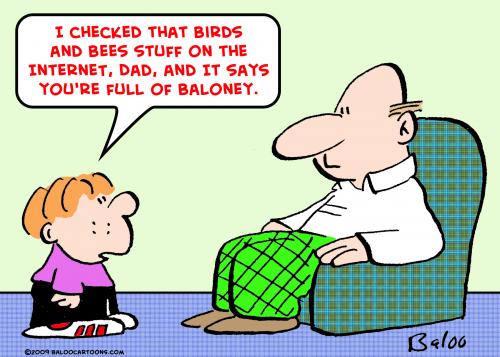
- Have the talk now
Discuss it, and be as straight forward and as frank as possible, keeping in mind the child’s age and mental comprehension. Our children know more than what we think, and sadly so many parents are in denial, and it is their children who suffer the most.
Observing modesty in your expressions, and using a positive approach is the best thing to do. Don’t be vague, and add statistical information as well. Be extremely clear.
At the same time, you don’t want to overload them with unnecessary information, or things above their age. Work around their level of comprehension.
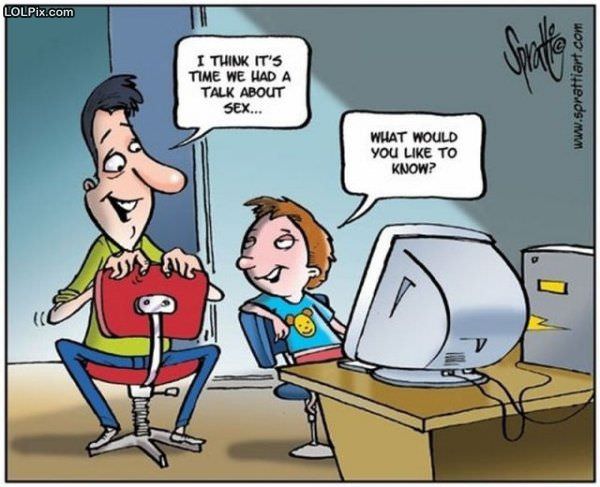
Maybe start by saying how you came across the story of a young person whose life was destroyed after sharing an image, or start the conversation with how you think internet is good, but it also has a dark side to it, and so on.
As a parent, I am sure you will be able to articulate on this in a good way, as long as you’ve done your reading and you are skilled in how to use a positive and productive approach.
- Base it all on trust
When you have the conversation, giving children and teenagers the tools to navigate around their complex lives, make sure you reiterate the importance and virtue of “trust”. Make them feel that they are trusted, and that you do genuinely trust them. Children and teenagers must feel confident that they are making decisions on their own. They are exposed to two paths, and they are independently deciding which path to take.
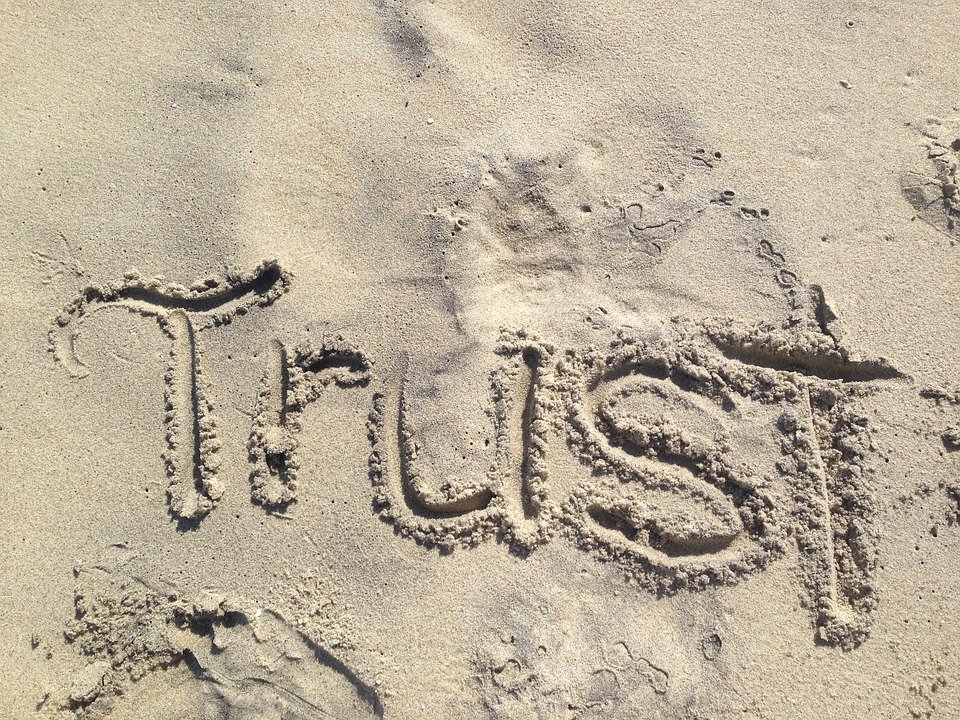
They will make the right decision, because you have built that moral side within them. You’ve done your duty of showing them Islamic Akhlaq, and nurturing them in a loving and caring household.
They don’t see double-standards in the house, nor are they surrounded with bad friends or feel insecure because they’ve missed out on a good childhood.
When they see you trusting them, and being open about these topics, speaking to them in a civil way, on their level, then they will want to keep up to their standards.
Yes, a child or a teenager might become curious, and might even cross the line, but because they’ve been coached about this, they will be able to quickly come back.

Don’t deprive them, or take away the technology, or else they will burrow away and not learn how to use it.
Give them a neutral platform, without being confrontational or judgmental.
- Have trust, but monitor like a hawk
Have real trust in them, and not fake trust, but also keep an eye on them. We need to keep an eye on our own selves, and everyone around us. Nobody is immune from falling astray, young or old. Of course, the younger you are the more vulnerable you are.

When you trust your spouse, your sibling, your child or your close friend, it doesn’t mean you let your guard completely down. That would be the worst thing to do.
Shaitan is always going to be around, and his snares are always going to try to trap us. This is why ‘amr bil-ma’ruf and nahi ‘an al-munkar is always going to be applicable to all of us.
I am completely against a child having a smartphone before the age of 15, so I won’t even discuss what we should do with someone who has a mobile below that age.[9]
Tell your son/daughter who is of mobile usage age that although their devise is personal, you will check it every once and a while. Remind them that you trust them, but sometimes someone can be dragged into doing or seeing something that isn’t good, and tell them you are making sure they are using it responsibly and respectfully. It’s here where you are able to start up a good conversation, and find out if they, or their friends, have come across a situation that would need to be discussed.
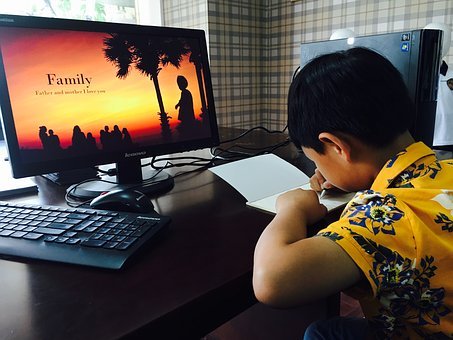
Personally, I do not believe in having passwords that lock our mobile phones, and if I do have one, everyone in the family knows it. This way I can say to my children what is the need for them or us to have private passwords, unless there is something to hide.
This is how we can strengthen our trust among ourselves. As they say, keep the conversation open, honest and loving. They will then be more comfortable speak with you about it, and also open up if they are confronted with a situation.
- Put down strict rules and conditions
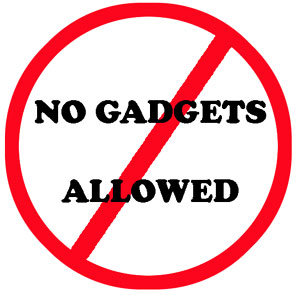
Here are just some home rules I believe every pious house should have:
- No using of devices after 8pm, including adults and parents.
- No televisions in bedrooms, including adults and parents.
- No closing bedroom doors.
- No devices to be taken to bathroom.
- Any computer or device screen should be open for others to see.
- The positioning of a desk should be in such that your son/daughter has their back to everyone else. This means their screen is shown for everyone. If they have their face showing you, it means they are prone to seeing things, and then quickly exiting them when you walk in.

- When using internet, put on Quran recitation, Nasheeds, Duas, and listen to them in background.
- Be extra careful about who your child hangs around with, and who they communicate with.
- There is no such thing as “friends” of opposite gender. Strict segregation must be enforced.
- Everyone must be held accountable and responsible for their choices.[10]
- Have as much “family time” as possible, and nobody is to isolate themselves or not be involved with everything else that’s happening at home.
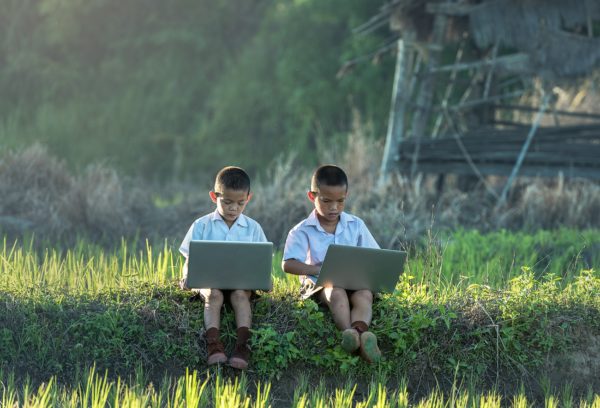
- Use the fear tactic
Of course, not in a bad or negative way. Tell them about real stories of cyberbullying, internet predators, sexual harassment, evil pedophiles, and just the illegal and dark things on net.
Tell them you are using smart tools to monitor them, and even if they delete things, you have software programs that can recover them. Warn them that you are able to retrieve any information from the internet server or provider. Make them feel a little intimidated as well, but in a positive and balanced way of course.
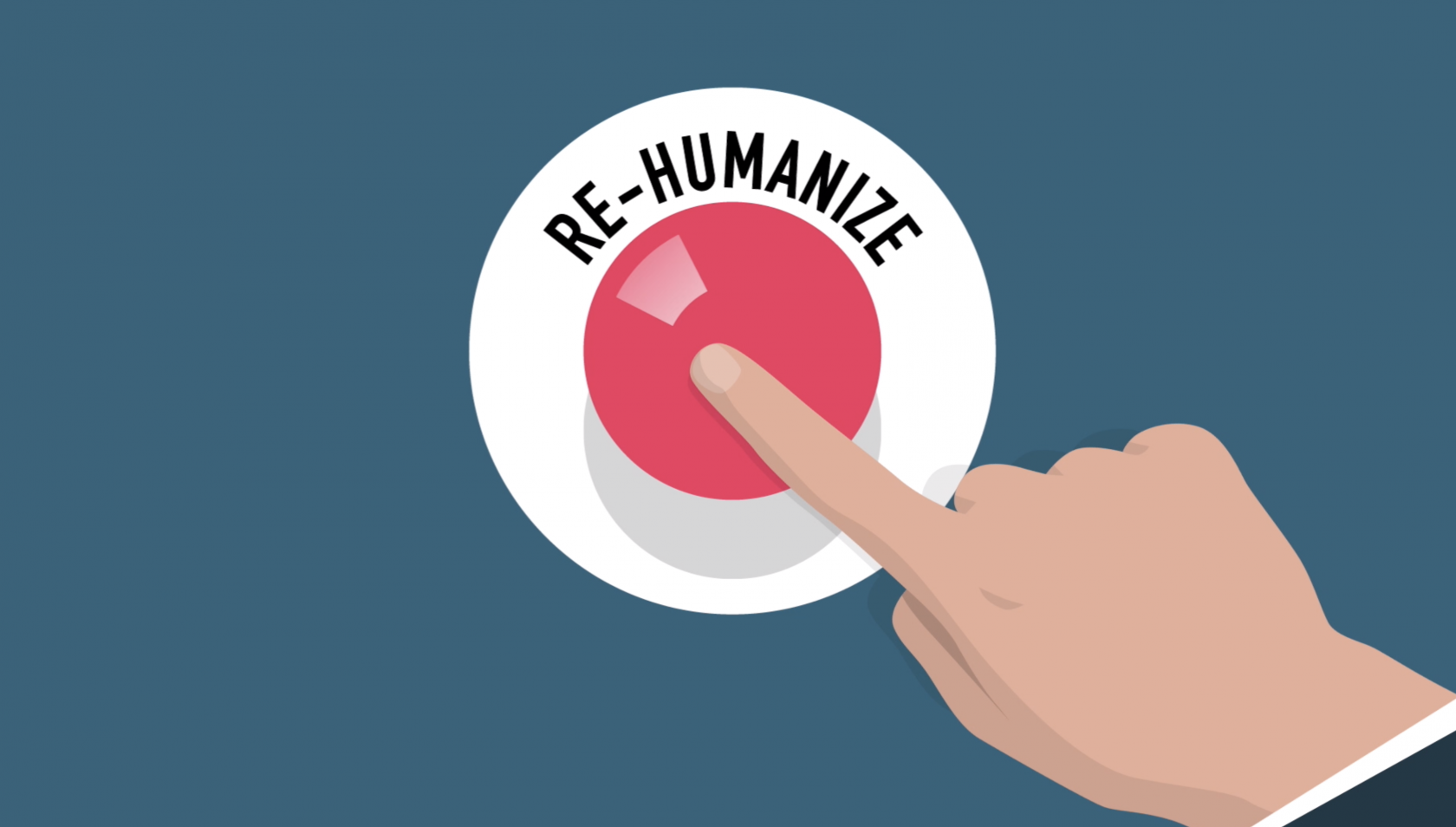
- Talk to others about it
When you are in gatherings, or you might be a Saturday school teacher, discuss this topic. Share opinions and participate in bringing awareness about it. You will be able to give pointers to parents, and teenagers about this. Maybe a parent is too shy to talk about this with his/her child, so you can be the substitute and help those around you. Share your concerns about pornography, and speak about it, not only from a religious point of view, but from every angle.
- God is watching us

When you teach your children about God and religion, instill within them the ever-presence of the Almighty. Allah ta’ala sees us and knows everything about us. We should explain to our children how we must be in public and in private. Even though we are all alone, and nobody can see us, God can.

Create such an environment at home that they feel God is with them and around them. Let them communicate with God, and build a positive relationship with Him, through Quran, Salat, Dua and Dhikr.
This will need a bit of work, strengthening their theological and ideological foundation, and it will expand to assist your child is so many other areas as well.
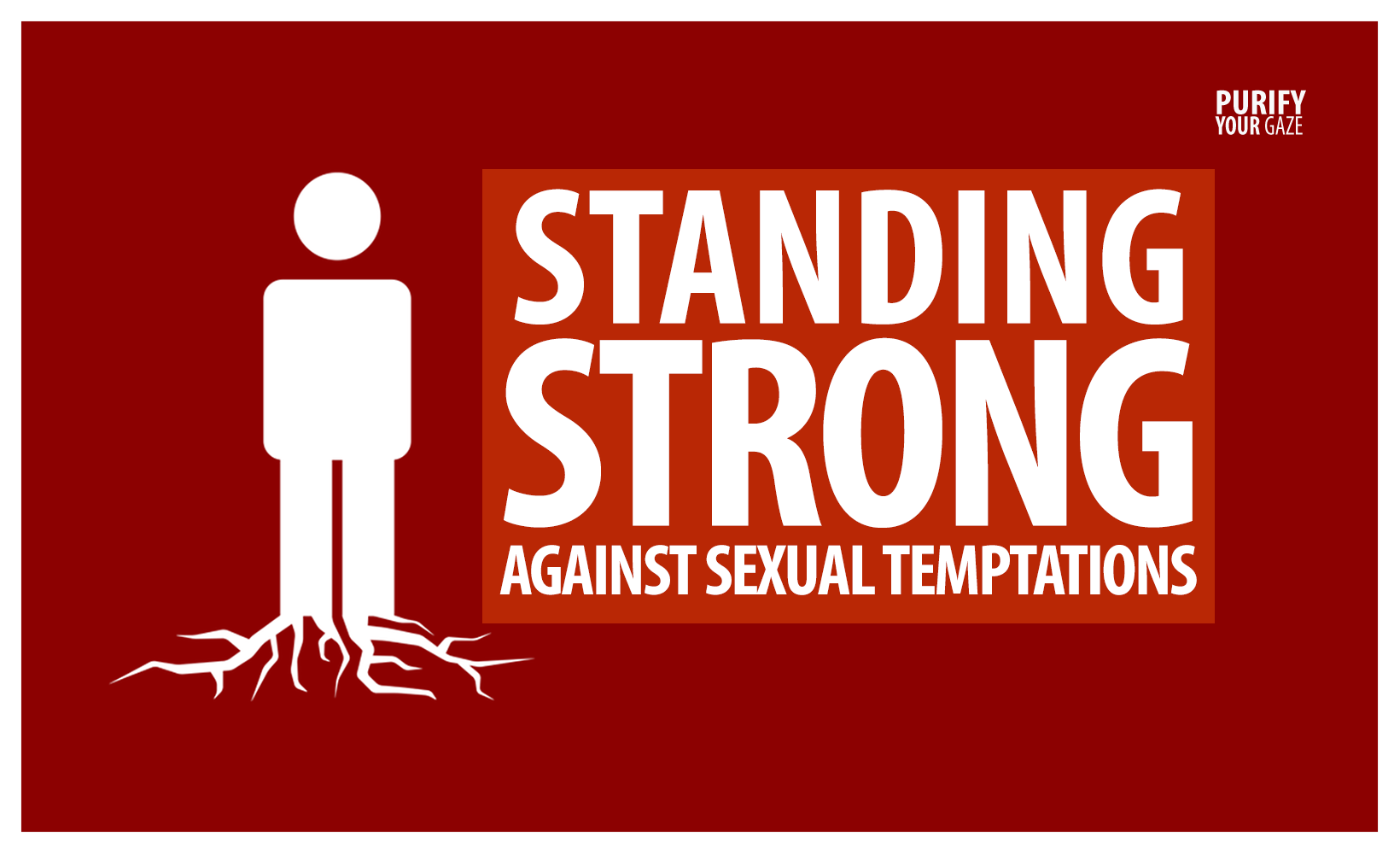
- Have an active and righteous life
When your son/daughter is surrounded by the right people, and you are engaged with them in occupying their time with good and positive activities, they will not go towards what is naturally bad. Keeping them busy with reading, sports, exercise, recreation, outdoor activities and any talents or hobbies they like to pursue will indeed build their self-esteem and life skills.
You should also get them involved in charity work, Masjid programs, and anything else that would build their religious and righteous side as well. When they become religiously alert, this will benefit them in this area, and also in other areas.
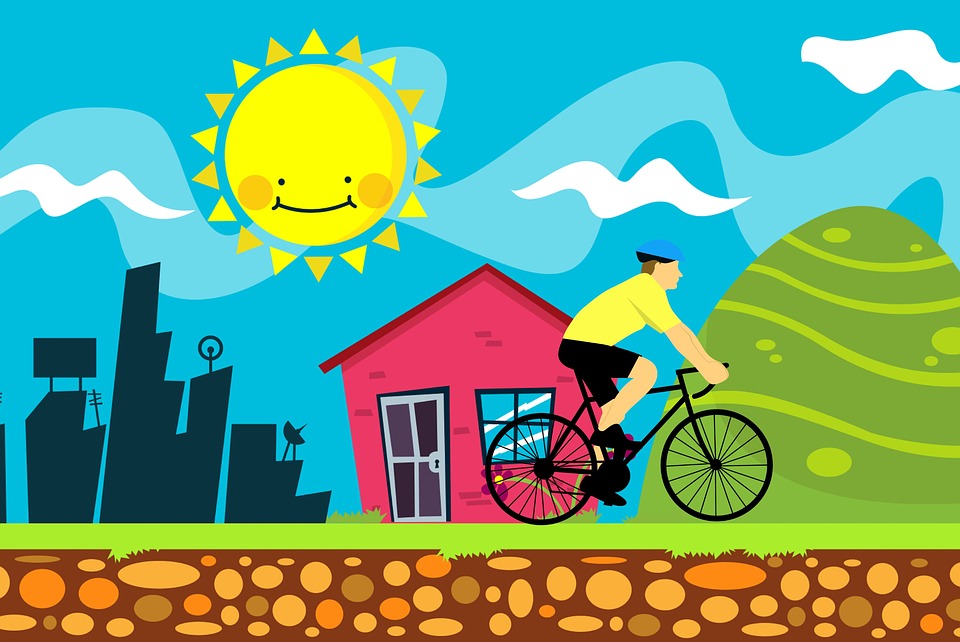
There is a lot more that can be discussed here, but my point here is we should pre-arm ourselves and our children.
We need to educate ourselves on the risks and create a safe environment for everyone around us.
Let’s learn the culture of internet and mobile usage, and try to protect our families and children from the dangers lurking very close to us.
Notes:
[1] https://www.nbcnews.com/business/business-news/things-are-looking-americas-porn-industry-n289431
[2] https://www.mdx.ac.uk/__data/assets/pdf_file/0021/223266/MDX-NSPCC-OCC-pornography-report.pdf
[3] This is a very informative and detailed site, and I do encourage all my brothers and sisters to go through it. https://fightthenewdrug.org/massive-study-reveals-what-kids-are-watching-learning-from-online-porn/
[4] I was reading about how “sexting” and sharing of explicit images are so common among youth today. Please read this: https://time.com/2948467/chances-are-your-teen-is-sexting/
[5] Please read the statistics in this site: https://fightthenewdrug.org/10-porn-stats-that-will-blow-your-mind/
[6] I do recommend my dear brothers and sisters to visit the following website. It has a very interesting variety of tips and practical steps for this topic: https://purifyyourgaze.com/overcoming-pornography-and-sex-addiction/
[7] There are numerous obvious warning signs a vigilant parent can pick up on, like when the child becomes secretive, erratic in their behaviour, moody, isolated, not doing good at school, upset and depressed, spending long periods of time in bathroom or shower, using explicit language, not interested in most things, not willing to spend time with friends and family, avoiding conversations, and so on.
[8] Please read the information on this site: https://www.winmentalhealth.com/children_parenting_advice.php
[9] This is where I believe parents are really failing when it comes to healthy tarbiyah. So many parents are giving in to the pressure of society, and sadly come up with so many justifications to make them feel better about their decisions.
I know this is a whole discussion on its own, but it really needs to be addressed.
It’s not only the issue of becoming addicted to mobile usage, or fear of your son/daughter getting involved in bad things, but it’s also just too time consuming and there is really no need for it.
Bill Gates said he didn’t let any of his children get their own phone until they were 14 years old.
Please also read about cell phones, children and ADHD.
[10] See: https://static1.squarespace.com/static/5146816de4b04055d30999b8/t/569a9724d8af100e85072fb2/1452971860313/Navigating+Pornography+Addiction-A+Guide+for+Parents.pdf
![]()


